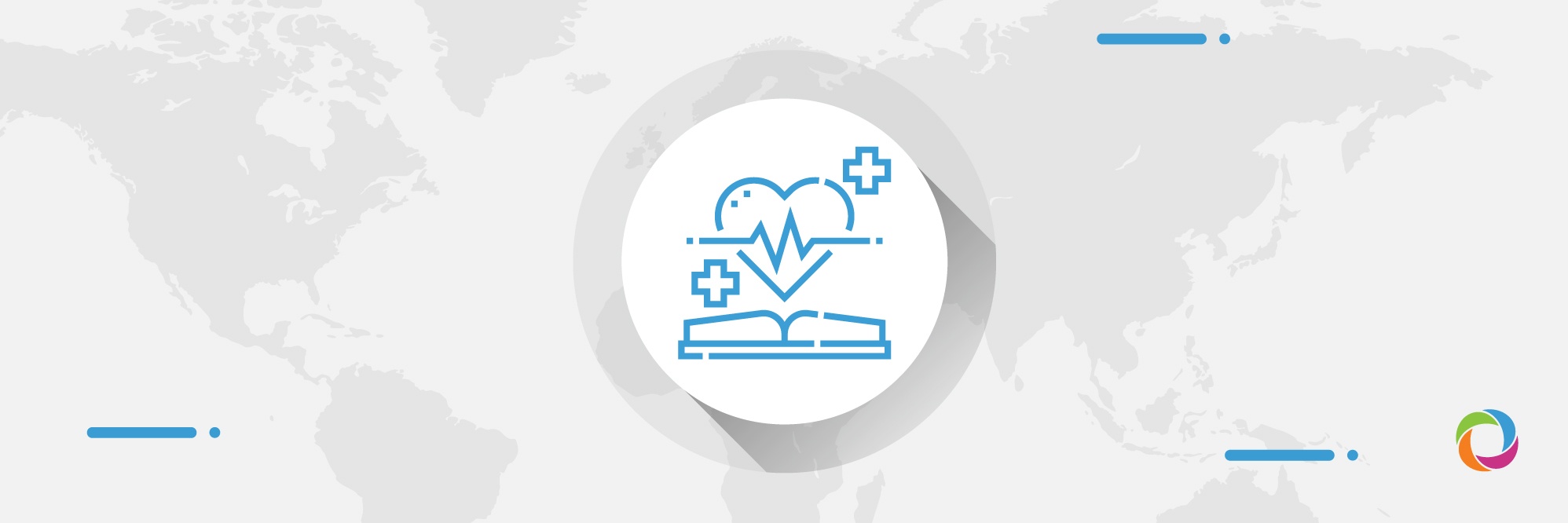According to the latest World Health Organization (WHO) and United Nations Children Fund (UNICEF) report, nearly 1.8 billion people around the world have to use healthcare facilities that operate without basic access to running water.
This does put people’s health at risk particularly in the times of the COVID-19 pandemic since maintaining hygiene is one of the basic measures needed to curb the outbreak. The worst situations are to be found in the least developed countries as they have the most limited financial resources to effectively address this issue thus 47 states are affected, mainly in Africa and South-Eastern Asia.
The lack of access to running water fosters contagious diseases and neonatal mortality as it raises the number of sepsis cases that affect mothers and their newborns. It should be remembered that the wellbeing of healthcare workers is also at stake. The WHO and UNICEF report indicates that 1 in 4 healthcare facilities worldwide do not have access to running water and 1 in 3 to hand hygiene, 1 in 10 do not have sanitation services and 1 in 3 do not store waste in a safe way. The situation is even worse in the least developed countries where 1 in 2 facilities does not have access to drinking water, 1 in 4 to hand hygiene at points of assistance, and 3 in 5 to basic sanitation services.
UNICEF Executive Director, Henrietta Fore, said that “Sending healthcare workers and people in need of treatment to facilities without clean water, safe toilets, or even soap puts their lives at risk.”
The most affected and vulnerable groups are pregnant women, newborns, children, and healthcare workers. According to the WHO data, the latter are much more prone to COVID-19 infections than the rest of society. Healthcare workers represent less than 3% of the global population yet 14% of all COVID-19 cases are reported amongst this group.
Naturally, the problem could be easily resolved but, to achieve this, financial resources are required. The report assesses that it would be sufficient to invest just US$1 per capita to set up basic water services in the least developed countries and it would cost around US$0.20 per capita to run and maintain these. Furthermore, this investment would be quickly returned as establishing basic water services in healthcare facilities could significantly reduce the costs borne by healthcare systems that currently have to spend money to curb cases of diseases that would not occur if there were appropriate hygiene standards. According to the report, every dollar invested would bring US$1.5 in return.
To be able to address this issue effectively, the WHO and UNICEF recommend the preparation of roadmaps by each country involved to assess the cost of establishing basic water services, to regularly check and review the progress in terms of implementation of the services, to create awareness amongst health workers about how to maintain and use the services as well as to include healthcare services as a regular expense in healthcare systems.
WHO and UNICEF prepared their report based on data coming from 760,000 healthcare facilities in 165 countries.

